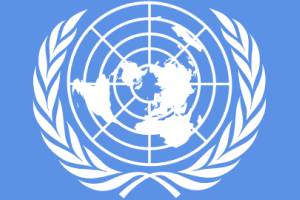The UN believes anti-filesharing provisions such as those outlined in France and the UK are disproportionate and should be repealed. In fact, disconnecting Internet users for sharing content from the music and movie industries is a violation of human rights, according to a report published in May 2011 and to be adopted this month by the UN's Human Rights Council.
The Report of the Special Rapporteur on the promotion and protection of the right to freedom of opinion and expression is concerned about measures being put in place by various governments to punish online copyright infringement, such as denying citizens' Internet access. The author of the report, Frank La Rue, is "alarmed" by proposals to severely punish Internet users if they violate intellectual property rights, according to TorrentFreak.
"While blocking and filtering measures deny users access to specific content on the Internet, States have also taken measures to cut off access to the Internet entirely," the reports says. "The Special Rapporteur considers cutting off users from Internet access, regardless of the justification provided, including on the grounds of violating intellectual property rights law, to be disproportionate and thus a violation of article 19, paragraph 3, of the International Covenant on Civil and Political Rights. This also includes legislation based on the concept of 'graduated response', which imposes a series of penalties on copyright infringers that could lead to suspension of Internet service, such as the so-called 'three-strikes-law' in France and the Digital Economy Act 2010 of the United Kingdom"
It's not clear whether this report will be able to influence governments to change their practices, but it's certainly a start. I doubt the French or British governments will decide to completely change their laws in response to this report, but at least the UN is trying to bring attention the issue. I would love to hear their official responses to the 22-page report, which by the way you can read in full below:
This is not the first time we've heard that Internet access should be considered a human right. In fact, just two months ago, we heard it from someone who really does matter. Sir Timothy John Berners-Lee, the man credited with inventing the World Wide Web, declared that humans have become so reliant on the Internet, that access to it should now be considered a basic right.
